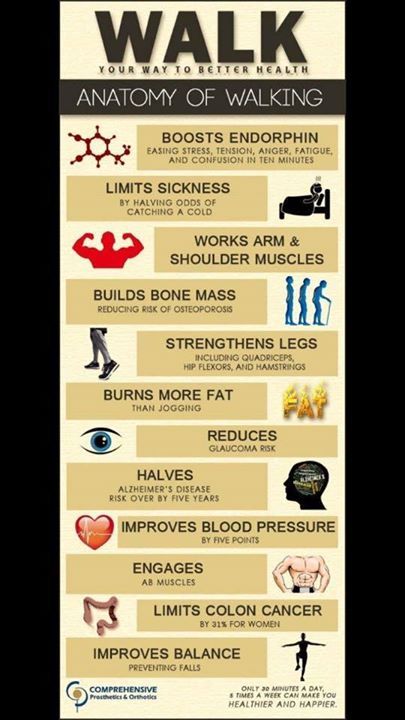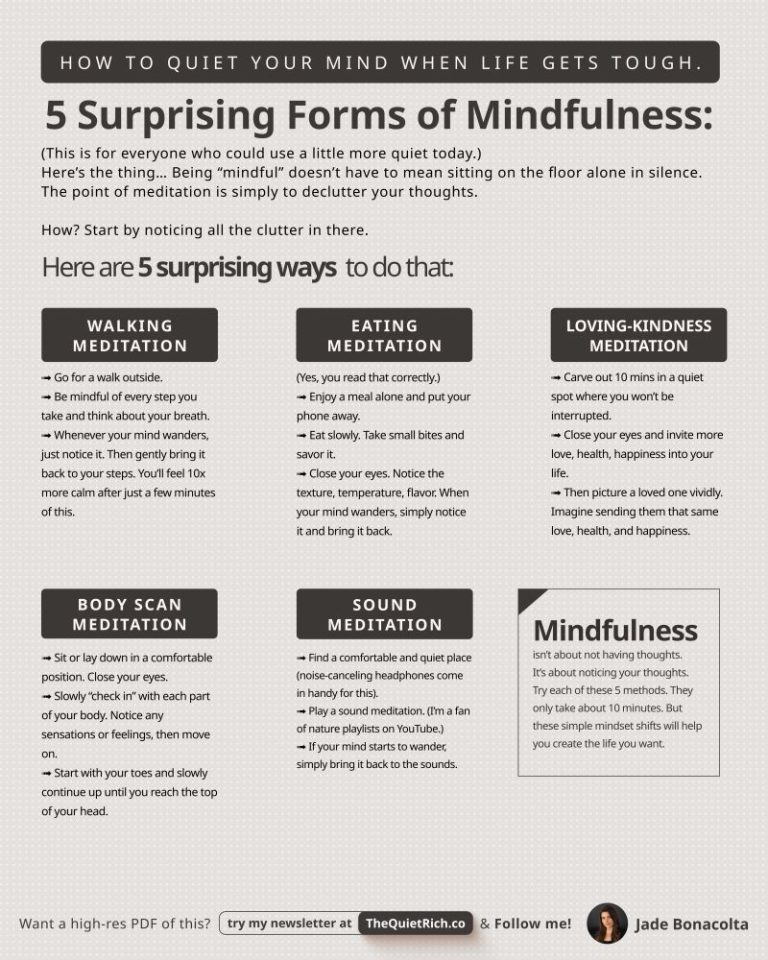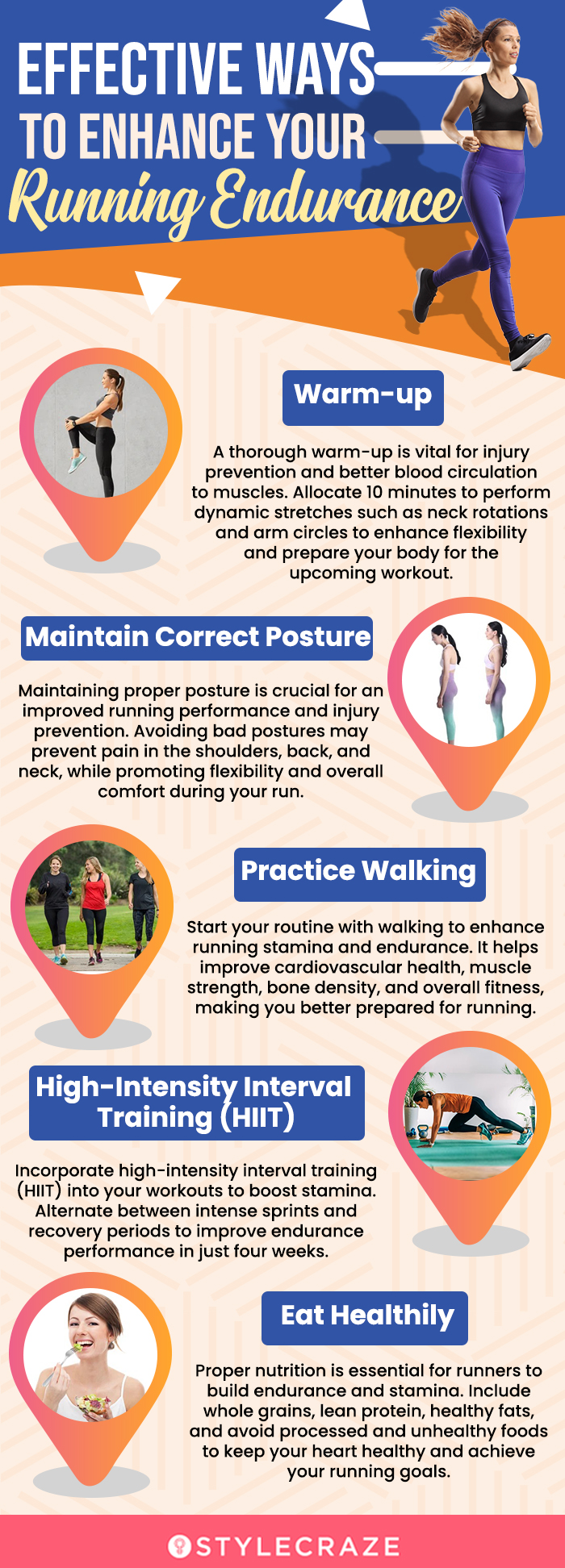Why is Walking Better Than Running : The Surprising Benefits
Walking is better than running because it is easier on the joints and can be sustained longer. Walking offers similar health benefits without the same impact on the body as running.
It is an excellent low-impact exercise that is accessible to people of all fitness levels, making it a great option for improving cardiovascular health and overall well-being. Whether you prefer a leisurely stroll or a brisk walk, the simplicity of walking allows for consistency in your exercise routine.
Plus, it can be easily incorporated into your daily activities, such as walking to work or taking a stroll after dinner. Discover the numerous advantages of walking and start reaping the benefits today.
Walking Is Low Impact
When it comes to exercise, not everyone enjoys high-intensity workouts like running. Fortunately, walking is a fantastic alternative that provides numerous health benefits without the strain on your body. One of the key reasons why walking is better than running is because it is low impact, meaning it puts less stress on your joints.
Reduces Joint Stress
Unlike running, walking is a low-impact exercise that eases strain on your joints, making it a suitable option for people of all fitness levels. The natural movement of walking allows your body to gently absorb shock, distributing the force evenly through your muscles and bones. This helps to protect your joints, reducing the risk of long-term damage or discomfort. Whether you’re recovering from an injury or prefer a less intense workout, walking enables you to maintain an active lifestyle without compromising your joint health.
Decreases Risk Of Injury
Another advantage of walking as a low-impact exercise is its ability to decrease the risk of injury. Running, with its repetitive impact on the legs, can increase the likelihood of sprains, stress fractures, and other injuries. On the other hand, walking involves a slower pace and less force exerted on your body, minimizing the strain on your muscles and ligaments. By choosing to walk instead of run, you significantly reduce the risks associated with injuries, allowing you to exercise regularly and maintain your fitness routine.
With its low-impact nature, walking offers numerous benefits that make it a preferable choice for many individuals. Not only does it reduce joint stress, but it also decreases the risk of injury, offering a safe and effective way to stay active and maintain your overall well-being.

Credit: www.medicoverhospitals.in
Walking Is Accessible
Walking is Accessible:
No Special Equipment Required
Unlike running, which requires specialized equipment such as running shoes and workout attire, walking can be done with no special gear. This accessibility makes it easier for anyone to get started with a walking routine, without the need for expensive or specific equipment.
Can Be Done Anywhere
Another advantage of walking is its flexibility in terms of location. Whether it’s around your neighborhood, in a local park, or even within the confines of your office building, walking can be done virtually anywhere. This convenience eliminates the constraints of having to locate a suitable running path or track, making it a more accessible option for many individuals.
Walking Helps With Weight Loss
Burns Calories
Walking burns calories at a steady pace.
Boosts Metabolism
Walking boosts metabolism, aiding in weight loss.

Credit: www.thebodywiseclinic.ie
Walking Improves Overall Health
Walking is a superior choice to running when it comes to improving overall health. It provides similar cardiovascular benefits while being gentler on the joints and reducing the risk of injury, making it a more sustainable exercise option.
Lowers Blood Pressure
One of the key benefits of walking is its ability to lower blood pressure. Regular brisk walks can assist in keeping your blood pressure levels in check and reducing the risk of cardiovascular problems. Studies have shown that walking can be as effective as medication in combating high blood pressure.
Reduces The Risk Of Chronic Diseases
When it comes to preventing chronic diseases, walking is a powerful tool. Engaging in regular walking can lower the risk of developing conditions such as heart disease, stroke, type 2 diabetes, and even certain types of cancer.
By incorporating walking into your daily routine, you can help strengthen your immune system and enhance your overall health and well-being. Walking promotes healthy blood flow and helps in maintaining a balanced weight, which are both important in reducing the risk of chronic diseases.
Moreover, walking helps to improve insulin sensitivity and aids in regulating blood sugar levels, therefore reducing the risk of type 2 diabetes. It is also believed that walking can help in managing symptoms of existing chronic conditions, improving quality of life.
Additionally, walking can act as an effective stress reliever. By getting outdoors and strolling at a leisurely pace, you can alleviate tension and promote relaxation. This can have a positive impact on your mental well-being and contribute to reducing the risk of mental health disorders.
To reap the full benefits of walking, it is recommended to engage in moderate-intensity walking for at least 30 minutes most days of the week. However, even shorter walks can still provide considerable health benefits.
Remember: Walking is a low-impact exercise that can be easily incorporated into your daily routine. Whether you choose to walk alone, with a friend, or with your furry companion, take the opportunity to enjoy the numerous advantages walking offers for your overall health.

Credit: www.shutterstock.com
Frequently Asked Questions On Why Is Walking Better Than Running
Why Is Walking Better Than Running For Weight Loss?
Walking is better than running for weight loss because it’s a sustainable, low-impact exercise that can be done regularly. It’s easier on your joints, making it more accessible for all fitness levels. Plus, you can burn calories and boost metabolism through consistent walking habits.
Is It Better To Run 30 Minutes Or Walk An Hour?
Running for 30 minutes has more cardiovascular benefits than walking for an hour. It helps in burning more calories and improves overall fitness. However, the best choice depends on your fitness level and goals.
Can You Lose Belly Fat By Walking?
Yes, walking can help you lose belly fat. It’s a simple and effective way to burn calories and reduce overall body fat. Consistent brisk walks can contribute to weight loss and toning the abdominal area. So, include walking in your exercise routine for a flatter tummy.
How Many Minutes Of Walking Is Equivalent To Running?
Walking for 10 minutes is equivalent to running for 5 minutes in terms of calorie burn and cardiovascular benefits.
Conclusion
Ultimately, whether you choose walking or running, it’s important to find an exercise routine that works best for you. Both activities offer numerous health benefits, and the decision should be based on your individual goals and preferences. Stay active and enjoy the exercise that suits you best!







